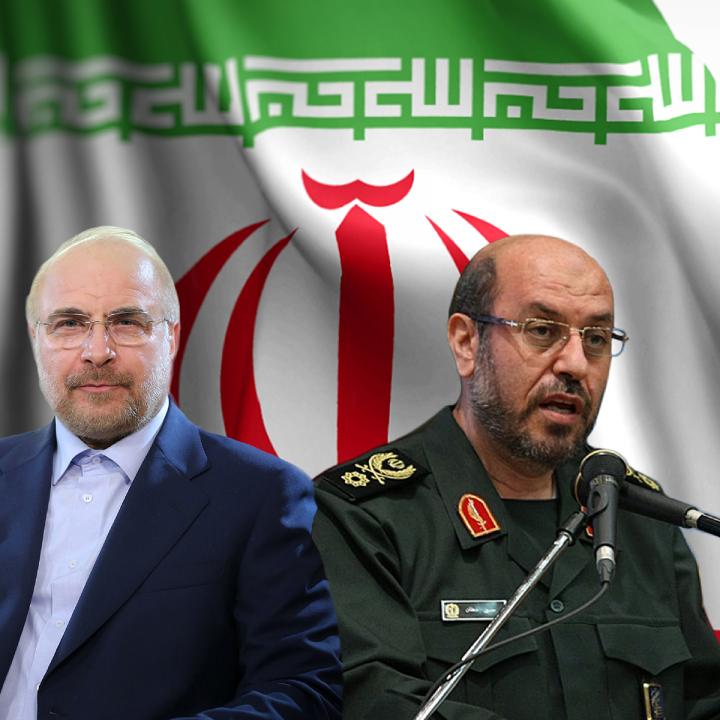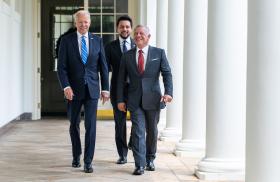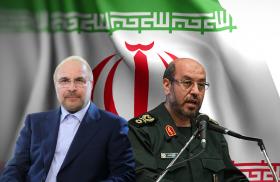
- Policy Analysis
- Policy Notes 97
The 2021 Iranian Presidential Election A Preliminary Assessment

Part of a series: Sudden Succession Essay Series
or see Part 1: The King Is Dead! Does It Matter? Sudden Succession Essay Series
Whoever wins, the result will intimate deeper trends in Iranian society, such as public support for the regime and the Supreme Leader’s intentions for the country’s future.
The Washington Institute has been sponsoring a series of discussions about sudden succession in the Middle East. Each session focuses on scenarios that might unfold if a specific ruler or leader departed the scene tomorrow. Questions include these: Would the sudden change lead to different policies? Would it affect the stability of the respective countries involved, or the region as a whole? What would be the impact on U.S. interests? Would the manner of a leader’s departure make a difference? The discussions also probe how the U.S. government might adjust to the new situation or influence outcomes.
This essay, thirteenth in the series, assesses the situation in Iran, where a June election will determine the successor to President Hassan Rouhani. An IRGC-backed candidate such as Majlis speaker Muhammad Baqer Qalibaf or former defense minister Hossein Dehghan could ultimately prevail—but a history of election surprises in the Islamic Republic suggests no outcome is certain. Whoever wins, the result will offer clues about deeper trends in Iranian society, such as public support for the regime and the Supreme Leader’s intentions for the country’s future.






